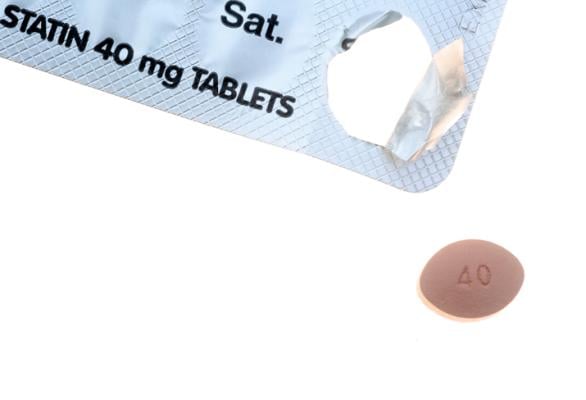
Getty Images
June 3, 3033 — Esperion announced findings from a real-world analysis of more than 400,000 patients at high-risk for atherosclerotic cardiovascular disease (ASCVD). The findings were presented at the National Lipid Association Scientific Sessions in Scottsdale, Arizona.
“While professional guidelines are clear on defining appropriate lipid-lowering therapies for individuals at high-risk for ASCVD based on LDL-cholesterol, this analysis demonstrates major shortfalls in the real-world application of those guidelines,” said JoAnne Foody, MD, FACC, FAHA, chief medical officer of Esperion. “While LDL-cholesterol as a cardiovascular risk factor is well known, there remains a persistent gap in applying evidence-based therapies to reduce LDL-C. These data reinforce the urgent need to improve the use of all appropriate statin and non-statin lipid-lowering therapies among at-risk patients.”
The analysis examined deidentified electronic health records from approximately 90 US health systems between 2017 and 2018. Three populations of high-risk individuals for ASCVD disease for primary prevention were included in the study: 1) patients with diabetes mellitus aged 40-75, 2) patients with calculated 10-year ASCVD risk ≥7.5% and age 40-75 and 3) individuals with LDL-C ≥190 mg/dL or familial hypercholesterolemia based on diagnosis code. Medication data, including self-reported use of supplements, were also examined. Patients were classified as: on appropriate-intensity statin (at least moderate intensity if diabetes mellitus or high 10-year ASCVD risk [≥7.5%], and at least high-intensity if LDL-C≥190mg/dL), on under-dosed statin, or not on a statin based on the 2013 ACC/AHA Cholesterol Guidelines in effect during the study time period.
The analysis identified 412,913 patients recommended for lipid-lowering therapy. Overall, 6.6% were on under-dosed statin, and 46.9% were not on any statin. Utilization of non-statin lipid-lowering therapy (ezetimibe, fibrates, niacin, bile acid sequestrants, and PCSK9 inhibitors) was low overall across all three groups (8.1%). However, nearly one in ten (9.3%) of those recommended for primary prevention reported taking non-prescription Omega-3/fish oil supplements.
“What was striking about this analysis is that not only are nearly half of adults not receiving any statin at all, but individuals also reported using supplements like fish oil with close to the same frequency of non-statin lipid-lowering therapies,” said Kristin Gillard, PharmD, PhD, Health Economics and Outcomes Research lead at Esperion. “This is an important notice to healthcare professionals about the need for greater education and awareness of FDA-approved, non-statin lipid-lowering therapeutics.”
For more information: www.esperion.com


 February 03, 2026
February 03, 2026 









